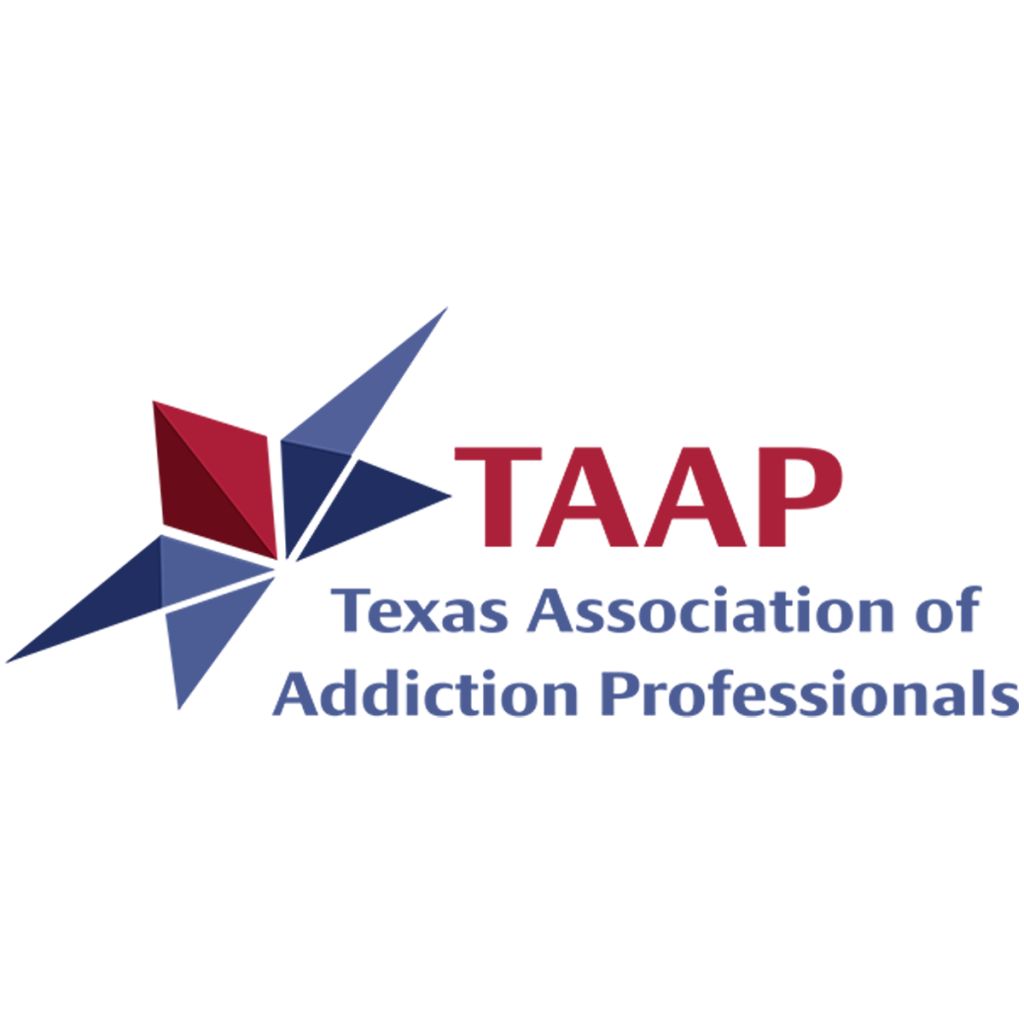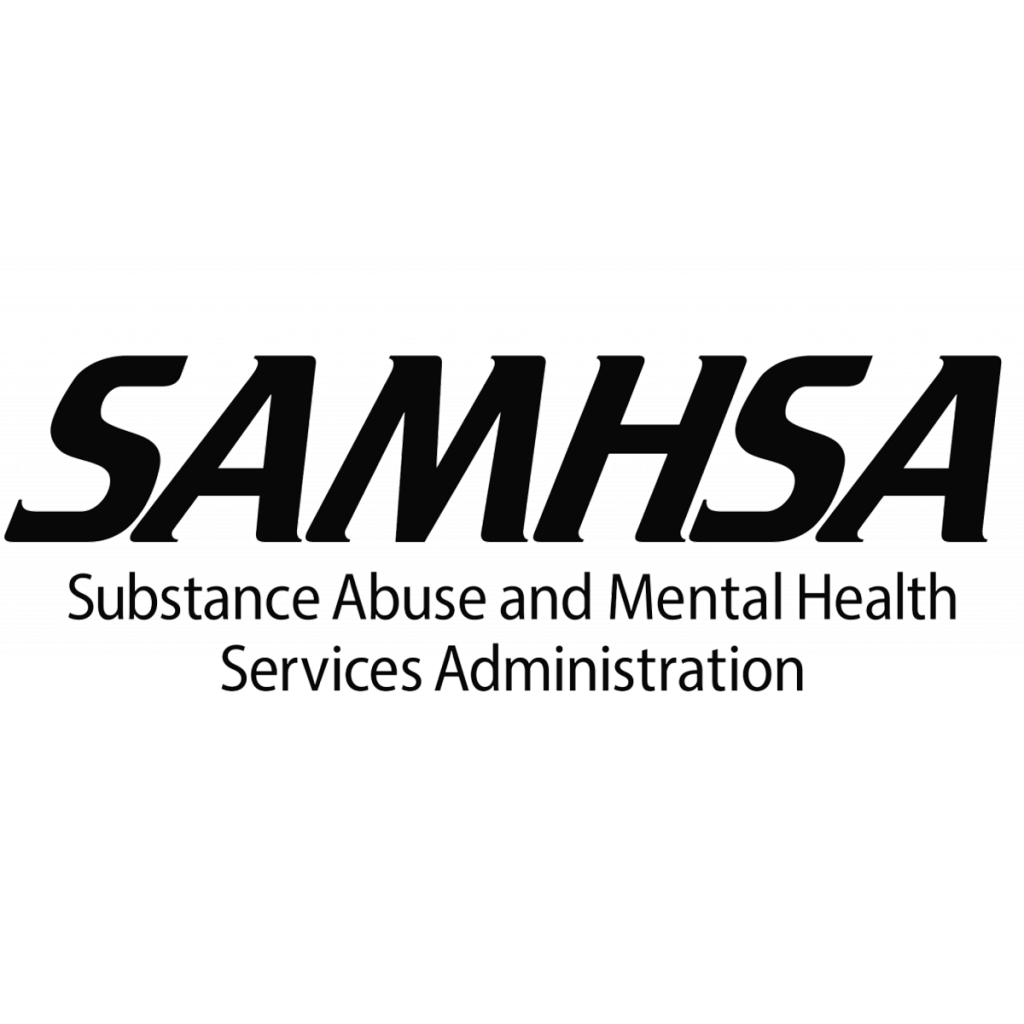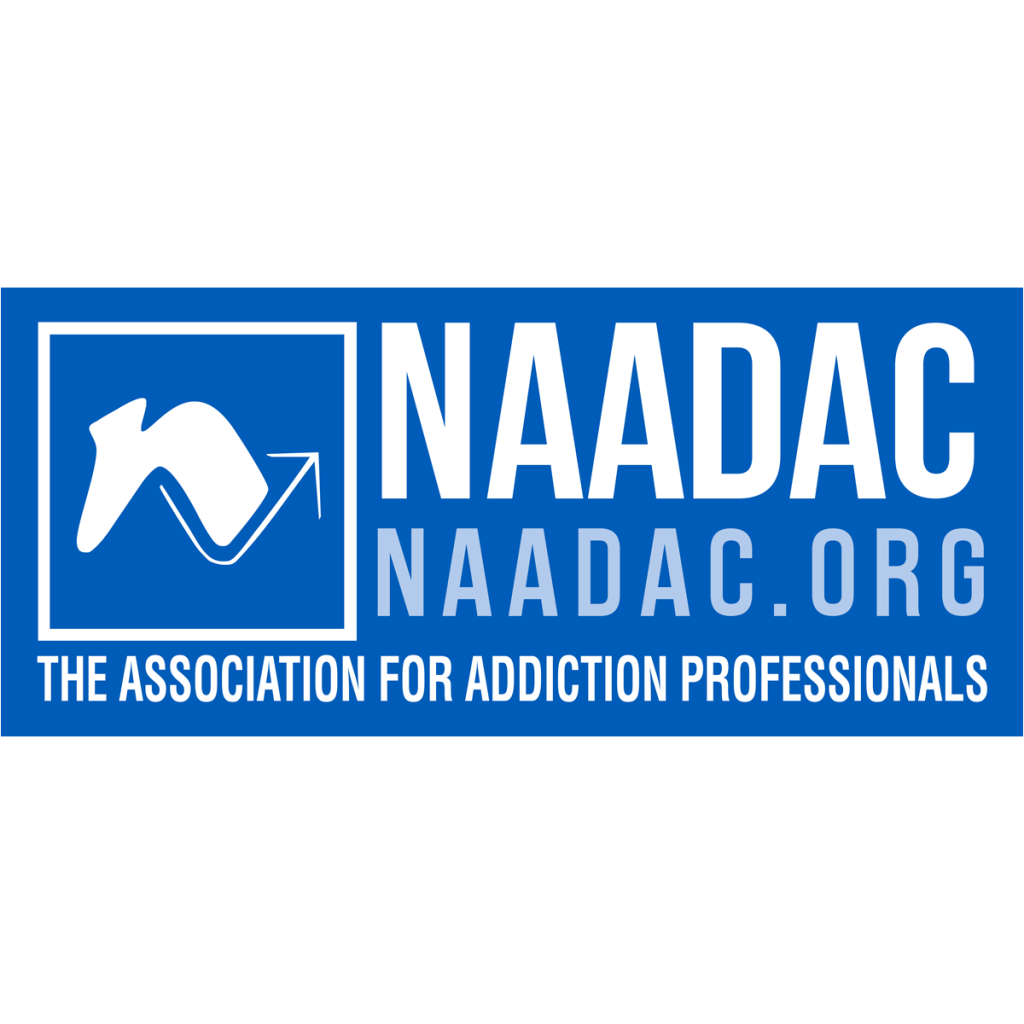Librium
t H
Librium Addiction: Side Effects, Detox, Withdrawal, and Treatment
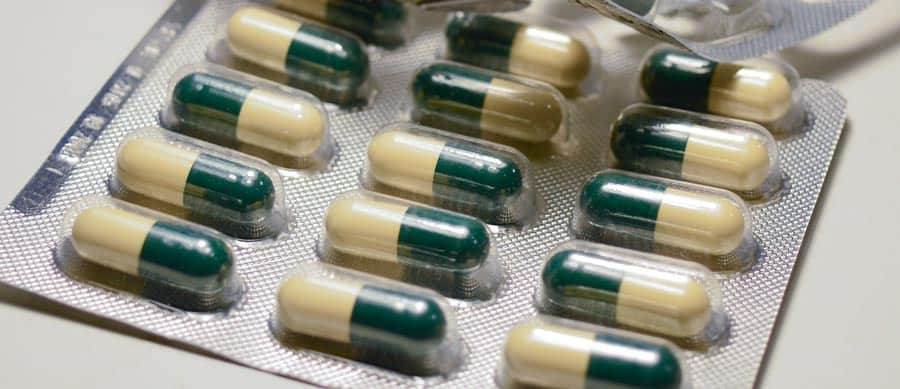
Table of contents
- What Is Librium (Chlordiazepoxide)?
- Is Librium A Controlled Substance?
- Slang for Librium
- How Common is Librium Addiction and Abuse?
- What Are the Side Effects of Librium Addiction and Abuse?
- What Are The Signs and Symptoms of Librium Addiction?
- How Long Does Librium Stay In Your System?
- What Are the Symptoms of Librium Withdrawal?
- Librium Detox
- Librium Withdrawal Timeline
- How to Overcome Librium Addiction
- Ongoing Addiction Treatment Options for Librium Addiction
- Get Librium Addiction Help Today
What Is Librium (Chlordiazepoxide)?
Librium is the brand name for the drug chlordiazepoxide. It is a benzodiazepine (the very first one on the market) that is prescribed to treat many different medical conditions like irritable bowel syndrome (IBS), alcohol withdrawal symptoms, and insomnia. Librium may also be used to treat severe anxiety, but only on a short-term basis, as it can be habit-forming.
Librium works well as a treatment for anxiety and insomnia because it is a central nervous system depressant that works by increasing levels of the neurotransmitter GABA in the brain. This produces a calming effect that makes the user feel less anxious and helps them sleep.
Is Librium A Controlled Substance?
Librium is a Schedule IV drug and does have the potential for abuse. Those who use it recreationally typically break open the capsule to snort the contents or mix it with water and inject it. When abused, it can produce a high similar to alcohol intoxication. Recreational abuse of Librium is not as common as other drugs, but when it is abused purely for the purpose of getting high, it can be just as dangerous and addictive.
Slang for Librium
The following terms are street names or slang for Librium:
- Bennies
- Benzos
- Tranqs
- Downers
- L
- Normies
- Nerve Pills
- Ruffies
How Common is Librium Addiction and Abuse?
Although very few people with a prescription for Librium abuse it, Librium can be addictive if it is abused on its own or with other drugs, such as alcohol. According to the 2017 National Survey on Drug Use and Health, 16,741 people ages 12 and up used prescription tranquilizers, and 1,351 people ages 12 and up reported misusing them.
Most often, people who abuse Librium will misuse the drug by taking larger doses than prescribed, taking more frequent doses, or taking Librium in ways other than how it was intended (such as injecting or snorting the contents of the capsule).
Like other benzodiazepine drugs, consistent misuse of Librium can cause physical dependence and addiction. Benzodiazepine abuse most commonly involves other drugs as well, so people who abuse Librium may also abuse alcohol, opioids, cocaine, or other drugs simultaneously. Although this is often done to enhance the euphoric effects of Librium, it also increases the user’s risk of overdose and death.
What Are the Side Effects of Librium Addiction and Abuse?
Librium abuse has many harmful short-term and long-term side effects that negatively affect the user’s physical and mental health.
Short-term effects of Librium abuse may include:
- Mood swings
- Hostile and erratic behavior
- Euphoria
- Slowed reflexes/lack of coordination
- Dizziness
- Confusion
- Slurred speech
Long-term effects of hydromorphone abuse may include:
- Impaired cognitive abilities
- Polydrug use
- Physical dependence
- Tolerance
- Addiction
- Overdose
- Depression
- Suicidal behaviors
What Are The Signs and Symptoms of Librium Addiction?
Since polydrug use is so common with benzodiazepines, it may be difficult to determine when someone is abusing them, as there may be a wide variety of symptoms present. However, there are a few common signs and symptoms of prescription drug abuse and addiction in general.
Some signs and symptoms of Librium addiction may include:
- “Doctor shopping” or going to several different doctors to get Librium prescriptions
- Experiencing withdrawal symptoms when the effects of Librium wear off
- Needing more Librium to achieve the same effects
- Neglecting responsibilities at home or at work because of Librium abuse or its effects
- Having strong cravings for Librium
- Losing interest in hobbies and activities
If you or a loved one is experiencing these symptoms, you may be addicted to Librium.
[sc name=”phoneinsurancecta”]
How Long Does Librium Stay In Your System?
Librium has a relatively long half-life of between 24 and 48 hours. This means that about 50 percent of the drug will be eliminated from your body within that span of time. However, you should know that Librium’s elimination time greatly depends on other factors too, such as:
- Your age and genetics
- Your liver function
- The dosage you took
- How long you’ve been using Librium
- Your body mass
- Any other drugs you may have in your system
Librium can be reliably detected by various types of drug tests, which may be used by employers or in other situations. The estimated window of time in which Librium can be detected with certain tests is listed below.
- Urine tests: 1 to 6 weeks
- Blood tests: 6 to 48 hours
- Saliva tests: 1 to 10 days
- Hair follicle tests: Up to 90 days
What Are the Symptoms of Librium Withdrawal?
When a person becomes physically dependent on Librium, he or she will experience withdrawal symptoms when the drug’s effects wear off. Common Librium withdrawal symptoms include:
- Nausea and vomiting
- Lack of appetite
- High blood pressure
- Increased heart rate
- Irritability
- Sweating
- Hallucinations
- Hyperactive senses
- Cravings
- Depression
- Agitation
- Seizures
- Insomnia
- Tremors
- Memory loss
- Psychosis
Librium Detox
Librium detox, like any benzodiazepine detox, can be very dangerous if it is completed at home without medical supervision. Benzodiazepine detox can be very unpredictable, especially if the user is abusing several different drugs at once.
For this reason, the best way to detox from Librium is with a medical detox program at a detox center. Medical detox for Librium will encompass a comprehensive physical and mental evaluation, which will be used to determine the client’s treatment needs.
Once the detox treatment begins, the client will be monitored round-the-clock to ensure they are comfortable and progressing well. Drug detox treatment for Librium addiction may also include medication-assisted treatment, in which the nurses and doctors will use medication to treat any uncomfortable withdrawal symptoms. Treatment for drugs may also be used to gradually taper the client down into a stable state of sobriety.
Medical detox for Librium addiction is the safest and most effective way to get sober. It also reduces the client’s risk for relapse because it provides a safe, supportive environment for sustained sobriety, safety, and comfort throughout the entire process, and professional recommendations for ongoing addiction treatment.
Librium Withdrawal Timeline
In some cases, it can take up to one week for symptoms of Librium withdrawal to begin, but in many instances, they start 24 hours after the last dose. Librium detox and withdrawal varies from person to person, but here’s a timeline of what you may experience:
| 24 hours after the last dose: | Restlessness and tremors may set in during the first day of Librium detox. Anxiety, sweating, increased heart rate, agitation, and loss of appetite are also common. |
| 2-3 weeks after the last dose: | Librium withdrawal symptoms usually peak at this time and may include depression, seizures, psychosis, and insomnia. |
| 4-6 weeks after the last dose: | By this time, most symptoms have begun to fade and will continue to do so several weeks after completing Librium detox. |
| 7+ weeks after the last dose: | Some people may continue to experience Librium withdrawal symptoms like depression, anxiety, or cravings for several months after completing detox. These symptoms will eventually dissipate the longer the person remains sober. |
[sc name=”phoneinsurancecta”]
How to Overcome Librium Addiction
Overcoming a Librium addiction is possible with the right treatment and support. Although any drug addiction will take commitment and hard work to overcome, a long-term Librium treatment program that lasts at least 90 days can help clients achieve sustained sobriety.
According to the National Institute on Drug Abuse, addiction treatment that lasts less than 90 days has limited effectiveness on treatment outcomes. However, long-term addiction treatment (90 days or more) provides better treatment outcomes. This type of addiction treatment is usually comprised of several different episodes and types of treatment programs, starting with detox.
What Happens After Librium Addiction Detox
Following the completion of Librium detox, clients may continue their treatment with inpatient or outpatient rehab. The primary goal of Librium rehab is to help clients achieve sustained sobriety and return to society as a high-functioning individual. This is achieved with:
- Individual counseling, group counseling, and family therapy
- 12-Step Program work
- Behavioral therapy
- Chemical dependency education
- Life skills practice
- Physical rest and healing
- Exercise and proper nutrition
Although inpatient and outpatient Librium rehab programs offer the same benefits, there are a few differences between them. In an inpatient program, clients live onsite in group housing at the rehab center. There is limited access to the outside world, although sometimes clients may complete program requirements for passes to leave the facility during the day or overnight. There is also much more structure, as clients are asked to follow a strict schedule every day.
The primary benefit of an outpatient Librium rehab program is that it allows for more flexibility. Outpatient rehab consists of a series of group meetings that meet twice a week. They are facilitated in a local facility by addiction treatment professionals and only require weekly attendance. These types of Librium treatment programs may work better for people who cannot leave work for a 90-day program or who have children to care for while they are completing rehab.
Of course, paying for rehab is a common concern. However, many drug rehab centers accept several different methods of payment for Librium treatment programs, including:
- Health insurance benefits
- EAP benefits
- Financed healthcare loans
- Personal loans from family or friends
- Scholarships or grants
- Out-of-pocket payments
The cost of an addiction treatment center will vary, based on its location, amenities, and services.
Ongoing Addiction Treatment Options for Librium Addiction
Treatment for Librium addiction can continue long after rehab is over with sober living and aftercare programs. These types of addiction treatment programs are designed to help people in recovery transition out of a life of addiction and gradually re-enter society as high-functioning, sober individuals.
Sober Living Programs
A sober living program is a type of transitional housing program that helps people in recovery learn how to live an independent, sober lifestyle after completing a formal Librium treatment program, like residential rehab. High-quality sober living homes are group housing environments that are supportive, safe, clean, and substance-free.
One of the main benefits of a sober living home is that it not only provides the client with a sober place to live, but it also offers additional recovery support services, such as:
- Regular drug testing
- Personal monitoring
- Sober coach and house manager
- Tiered recovery programming
- Employment, volunteer, and education assistance
After completing rehab, a person may choose to enroll in a sober living program for continued support. But transitional housing is also great for people who struggle with chronic relapse or who have been sober for a while but are going through a challenging or transitional phase in life.
Typically, payment for a sober living program is collected once a month (like rent) and the cost will vary depending on several factors, such as:
- The location of the sober living home
- The types of recovery support services offered
- The room type (shared or private)
- The home’s amenities
- Additional treatment like IOP
Aftercare Programs
Aftercare programs provide ongoing support for recovering individuals. After a client has successfully returned to a sober independent lifestyle, he or she may choose to enroll in a formal aftercare program. Aftercare consists of weekly group meetings where sober alumni meet to talk about ongoing challenges, successes, and other personal issues related to their sobriety. Group meetings are designed to be open discussions where members can feel safe, supported, and talk freely about their life experiences.
Many rehab alumni members use Aftercare as their weekly “check-in” but Aftercare can also be combined with regular engagement in a community support group and ongoing individual or family therapy.
Get Librium Addiction Help Today
If you or a loved one is struggling with Librium addiction, don’t wait to take action. You can start today and get the help you need. Overcome Librium addiction with professional support and individualized treatment. Call Nova Recovery Center today for more information on Librium rehab and treatment programs.
References:
- https://www.projectknow.com/research/chlordiazepoxide/
- https://www.samhsa.gov/data/report/2017-nsduh-annual-national-report
- http://www.cesar.umd.edu/cesar/drugs/benzos.asp
- https://www.deadiversion.usdoj.gov/drug_chem_info/benzo.pdf
- https://addictionresource.com/drugs/librium/librium-withdrawal/
- https://www.alcohol.org/mixing-with/chlordiazepoxide/
Nova Recovery Center offers a large range of substance abuse treatment services: detox, residential, outpatient and sober living.
Treatment Options
Treatment Locations
Call Us Now and Begin Healing at (512) 605-2955
Or text us and we will call you right back.
Not quite ready for a call? You can fill out the form below.
What Makes Us Different
- Gender-specific treatment
- Evidenced-based treatment
- 12-Step immersion
- 90-day residential treatment
- Family program
- Full continuum of care
- Insurance and private pay
100% Confidential Guarantee
Confidential Consultation
Nova Recovery Center is dedicated to helping you or your loved one get help. Please call or fill out this form for a confidential consultation.
One of our understanding, dedicated advisors will contact you about your options. Begin healing today.
Nova Recovery Center is dedicated to helping you or your loved one get help. Please call or fill out this form for a confidential consultation. One of our understanding, dedicated advisors will contact you about your options. Begin healing today.


